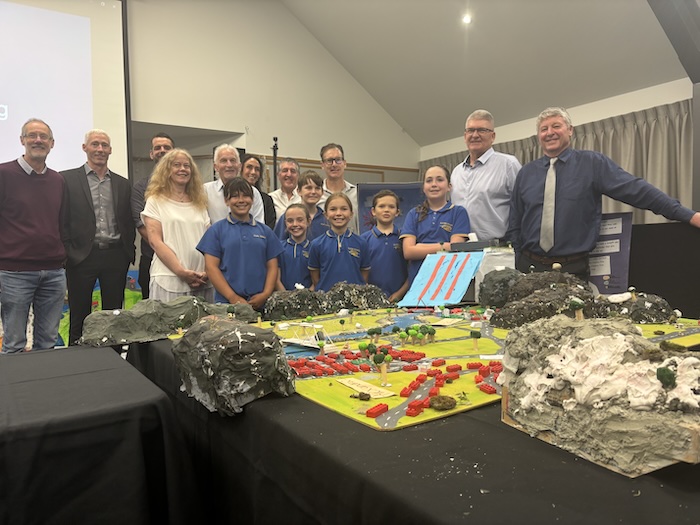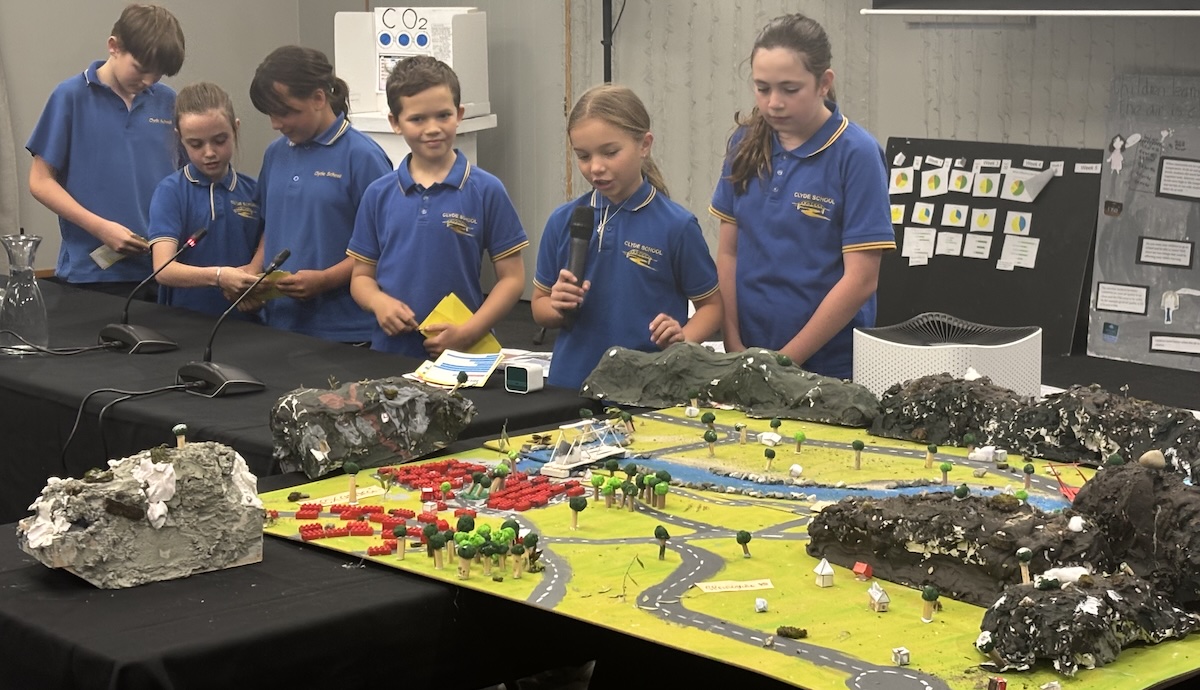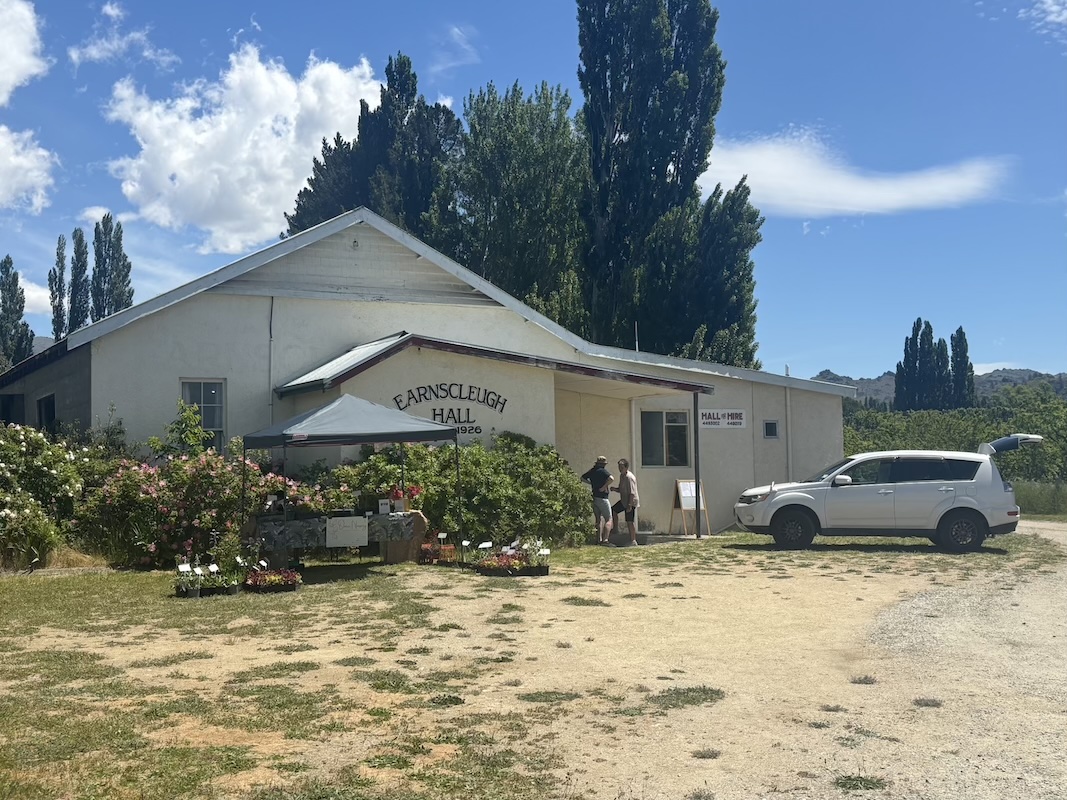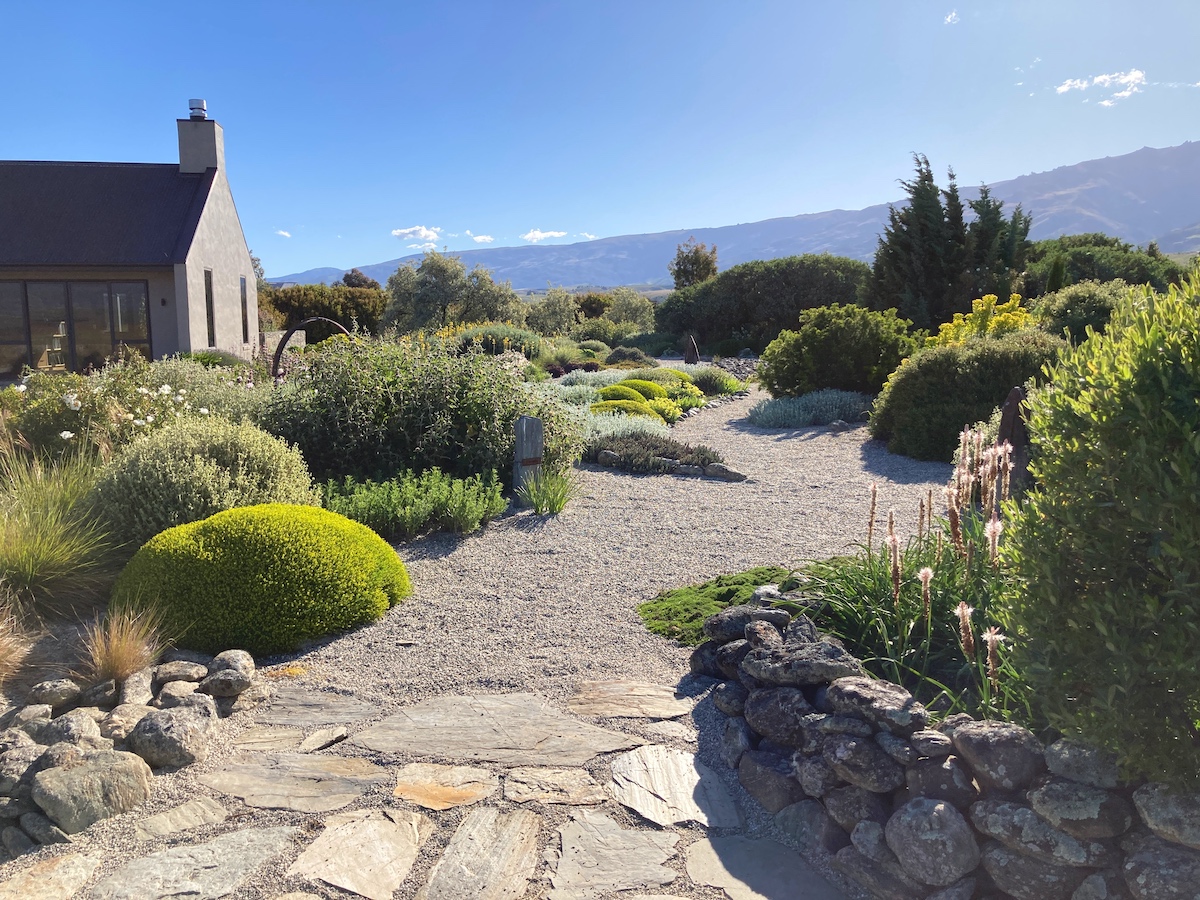Doctors sound alarm on Otago’s winter air pollution
Aimee Wilson
27 November 2025, 4:29 PM
 Otago Regional Councillors were treated to a presentation by Clyde School pupils on air quality this week. Photo: The Central App
Otago Regional Councillors were treated to a presentation by Clyde School pupils on air quality this week. Photo: The Central AppA group of 22 Otago frontline doctors has urged the Otago Regional Council (ORC) to take stronger action on the region’s worsening winter air quality.
A joint letter outlining their concerns was presented to councillors during an ORC meeting in Cromwell on Tuesday.
Professor Alex McMillan and Dr Simonette Mallard briefed councillors on the significant health impacts linked to domestic fire use and vehicle emissions over winter.
They said air pollution contributes to around 3300 deaths in New Zealand each year — ten times the annual road toll — and affects people inside and outside their homes.
Doctors told the council that air pollution causes childhood asthma, cardiovascular and respiratory disease, including cancer, and leads to around 650 hospitalisations per year in Otago.
They also highlighted the harm caused by damp, poorly ventilated homes heated with open fires, LPG heaters and stovetops, which frontline doctors say are leaving them “overwhelmed and concerned.”

Clyde School pupils present their air quality project to the ORC on Tuesday. From left: Stanley Hawkins, Zofie Hammer, Korah Smith, Beau Mitchell, Sophie Crane and Sophia Hartman. Photo: The Central App
WellSouth has also backed calls for the ORC to prioritise air quality funding.
The letter from respiratory physicians described Alexandra, Clyde, Cromwell, Arrowtown and Milton as having “degraded” air quality during winter due to domestic fires.
Doctors asked the ORC to continue funding education programmes such as Burn Dry, Breathe Easy, along with subsidies to help homeowners replace the “dirtiest burners.”
They also encouraged councillors to advocate for stronger national standards, aligning New Zealand’s rules with World Health Organisation guidelines.
“Alongside this investment, there also needs to be funding and support provided to enable low income households to heat their homes efficiently while generating less air pollution”.
Clyde School pupils took the opportunity to present their own air quality research to the new council.
The Kiwi Class created a model of the Alexandra–Clyde basin to demonstrate how winter smog becomes trapped in an inversion layer.
They also surveyed 108 locals about their experiences with air pollution, and worked with air quality expert Dr Ian Longley to monitor the cleanliness and warmth of their classroom across several winter months.
Ian said the pupils learned that keeping a heater on while ventilating properly is the best way to maintain clean indoor air without losing too much warmth.
He told councillors that in his survey of 100 households, smoke “always finds its way inside.”
Air filtration devices are effective, he said, but still “the ambulance at the bottom of the cliff.”
That didn’t stop pupil Beau Mitchell from asking councillors during question time whether “the ORC could donate air cleaners to the schools?”
NEWS







